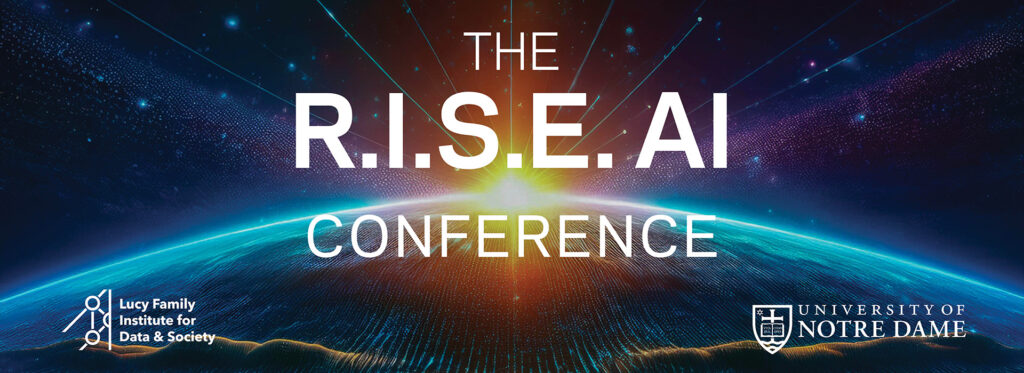By Mark Lerner
Following a refusal to grant a copyright registration to Stephen Thaler for a work whose sole author was identified as “Creativity Machine,” a generative AI Thaler created, the D.C. Circuit affirmed that works authored exclusively by artificial intelligence are ineligible for copyright protection under the Copyright Act, which the court read to require human authorship, in keeping with the Copyright Office interpretation and prior case law. A petition for certiorari and a supporting amicus brief now ask the U.S. Supreme Court to take up the question of whether the Copyright Act requires human authorship, arguing that the statute’s text, structure and purpose do not categorically impose such a requirement and that existing doctrines leave room for AI to be recognized as the author of protected works.
Read the full Alert on the Duane Morris website.

